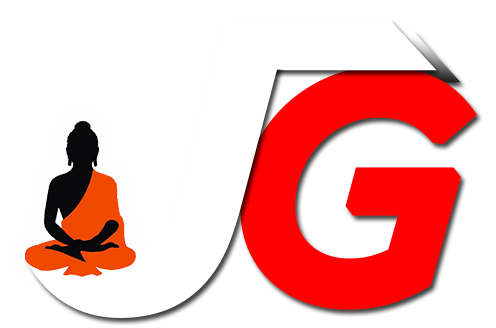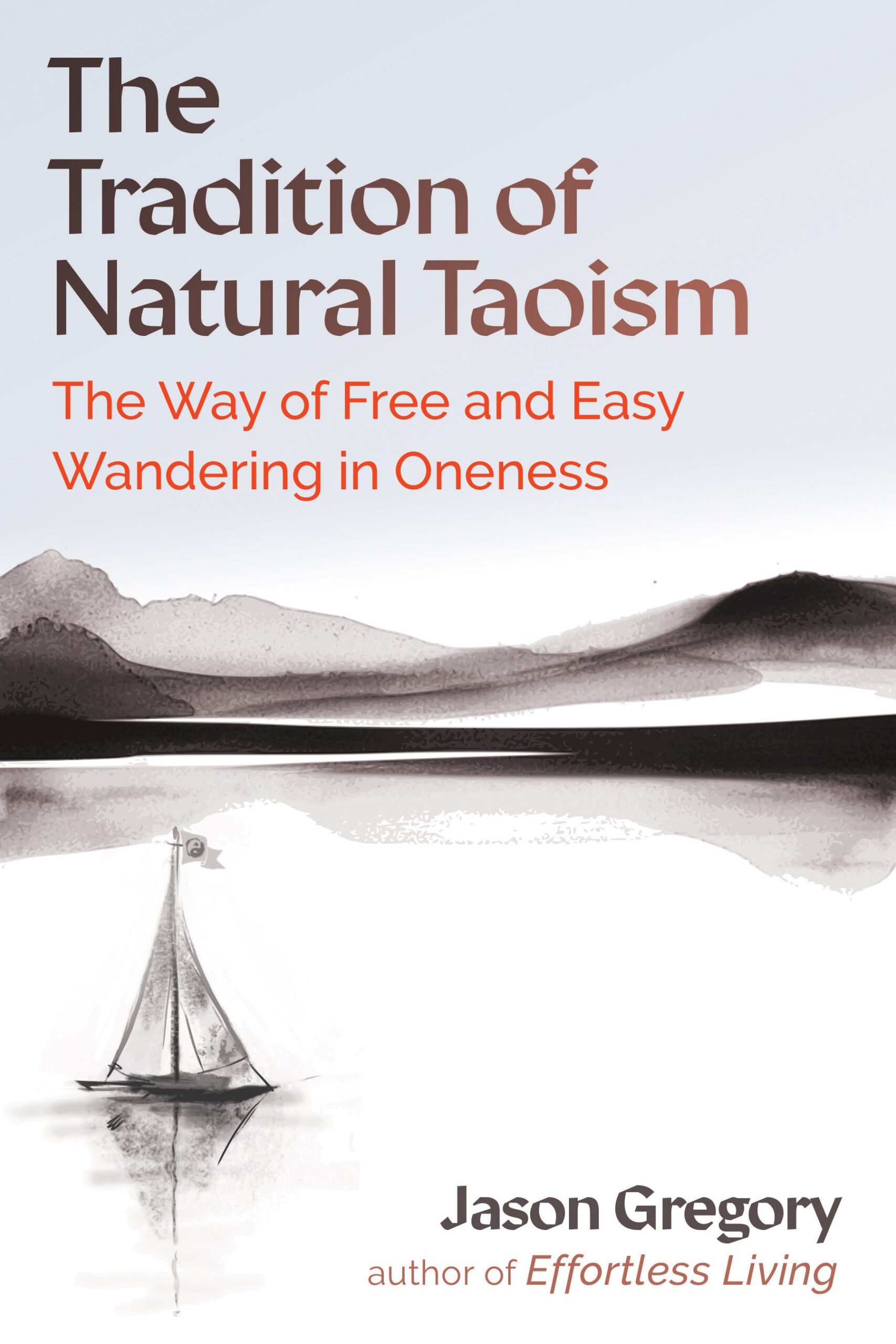Honoring the Life of Thomas Cleary

The news of Thomas Cleary’s passing was unexpected and saddened me deeply. Not because I knew the man personally, but because the world lost someone special, someone genuine in an age of inauthenticity. He was surely one of the greatest men you’ve never heard of. You’ve probably enjoyed reading The Art of War by Sun Tzu, or wanted to read more about the authentic knowledge of Buddhism and Taoism, and thankfully there’s abundance of knowledge on those traditions available. But the likelihood that you read a Thomas Cleary translation of those ancient texts is highly probable. Without a doubt he was one of the greatest translators of our time. American Buddhist author and academic, Robert Thurman said of him:
“There is no doubt in my mind that Thomas Cleary is the greatest translator of Buddhist texts from Chinese or Japanese into English of our generation, and that he will be so known by grateful Buddhist practitioners and scholars in future centuries. Single-handedly he has gone a long way toward building the beginnings of a Buddhist canon in English.”
He translated a vast library of Eastern spiritual texts and had an innate gift for extracting the beauty of many different languages into English. Thomas translated eighty works into English from Pali, Sanskrit, Chinese, Japanese, Bengali, Arabic, and Old Irish. He really could do it all. His work spanned a vast array of subjects and classics, including Buddhism, Taoism, Hinduism, ancient Chinese classics on strategy and power, martial arts, Greek wisdom (translated from the Arabic), the great works of Sufism and Islam, including The Qur’an, and more. His books have sold millions of copies and touched the hearts and minds of millions more.
His best-selling books include The Art of War, The Book of the Five Rings, the I Ching and many others, some of which I’m sure you’ve read. Regarded as his magnus opus, and one of the most daunting books you will ever read at 1600 plus pages, is The Flower Ornament Scripture, a classic Mahayana Buddhist text known as the Avatamsaka Sutra. The Flower Ornament Scripture is widely considered a masterpiece. Upon reading this text, I often wondered how long it took him to translate and write it. Only those close to him would know the magnitude of the feat he accomplished.
His library of translated works, especially in Buddhism and Taoism, are so vast that they have also been condensed into extensive volumes: Classics of Buddhism and Zen in five volumes and The Taoist Classics in four volumes. Seriously, clear out a few years to read these volumes, but I can guarantee that you’ll be a completely transformed person at the end of the process. Some of my own personal favorite books by him are The Sutra of Hui-neng and Awakening to the Tao. I was extremely impressed with both of these books.
My first encounter with his work was when I was a lot younger, like most through The Art of War. However, it was in 2009 when I became an admirer of not only his work, but the man himself. While living in Kathmandu, Nepal in 2009, I discovered my two of my favorite book shops in the world, the Tibet Book Store and Pilgrims Book House. But it was the Tibet Book Store that brought me closer to Thomas. The Tibet Book Store is a paradise for someone like myself. Forget beaches and martini’s, give me sacred Eastern knowledge at my fingertips any day of the week.
When you walk into the Tibet Book Store it is steeped in spirituality, with the great texts of Buddhism, Taoism, and Hinduism everywhere from floor to ceiling. When you are in there, you can’t escape Thomas’s influence because his books are everywhere. Every time I visit the Tibet Book Store, I find myself with a Thomas Cleary book in my hand as I peruse the pages in delight. I felt a great sense of comfort knowing that Thomas Cleary was out there doing the great work for us mere mortals. Seeing his books everywhere in the book shop always restored my faith in humanity and made me optimistic for the dissemination of Eastern spiritual knowledge for future generations. When I would see someone pick up one of his books for the first time, I knew they were in good hands.
I have returned to Nepal many times since then and the feeling has never changed. Some of my happiest moments in life are eating breakfast and drinking a masala chai in the morning with my lovely wife Gayoung at one of my favorite restaurants in the world called Gaia and then straight after breakfast we’d go to the Tibet Book Store to explore many books, such as the works of Thomas Cleary. For myself, life doesn’t get better than that.
I have learned so much from him over the years, his scholarship and wisdom have helped my writing and work mature. And yet, who was Thomas Cleary? Not many people knew. For myself, it wasn’t his work that impressed me the most but rather the person he was. Knowing he was in the world, walking among us, made me feel a great sense of relief. For those reasons and many others, I tried to make contact with him for over a decade but he was definitely the hardest man I’ve ever tried to track down. He had no website, no email that anyone knew, and even his publishers were ordered by Thomas not to give out his contact details. He was an extremely private person and this is what impressed me the most about him. He was one individual that deserved all sorts of accolades and recognition, but he decided to live the quiet life. It was as if he was the living embodiment of the Buddhist hermit or Taoist recluse. He lived by what he translated. This impressed me deeply.
He was very down-to-earth and that is reflected in his life. Even though he was a successful writer, there was a time later in life when he took up work with a contractor to install fiberglass insulation so that he could go blue collar for a period of time. This type of attitude reminds me of when Daniel Day-Lewis retired from acting to become a shoemaker (mind you, he is regarded as one of the greatest actors in the world). Maybe it was Thomas’s groundedness that kept him away from the limelight. He had a very authentic and traditionalist approach, especially to Eastern philosophy which is not as glamorous for those in the modern day who like to skew the great teachings. He was asked once in a very rare interview back in 2009 why he hadn’t thought about teaching, especially in university. His response sums up his attitude towards the commodification of spirituality:
“There is too much oppression in a university setting. I am not in Engaged Buddhism, have never supported cults, am not a member of any academic clique, and do not belong in organized education. I am not confined to any group. I want to stay independent and reach those who want to learn directly through my books.”
I know where Thomas is coming from, as I too have had to deal with people confused by new-age interpretations of Eastern spirituality which invariably lead to nonsensical views of the great traditions, and even cults in some extreme cases. Thomas obviously dealt with the same phenomenon during his life. There is nothing more frustrating for a philosopher or scholar when people appropriate ancient knowledge to suit themselves. Maybe that type of appropriation could be one reason why he was always in the background. We can only speculate. But what we do know for sure is he was genuine. He stayed true to the great teachings and I believed he lived them, hence his reclusiveness.
We could all learn a lot from the genuineness of Thomas Cleary. He was the perfect representation of a writer who is completely dedicated to their work and doesn’t compromise it for anything or anyone. He just worked quietly for the betterment of humanity, without any concern for praise. A lot of work produced from this modern era will be lost in time, but Thomas Cleary’s work will live on considering his works are translations. So as long as the English language is around then he will continue to enlighten future generations. For myself, when I return to Kathmandu, I know you’ll be waiting there for me in my favorite little book shop, and to know your presence dwells within the bookshelves makes me feel at peace. Until then my dear brother in spirit.
NOTE: This site directs people to Amazon and is an Amazon Associate member. As an Amazon Associate I earn from qualifying purchases, at no additional cost to you. The pages on this website may contain affiliate links, which means I may receive a commission if you click a link and purchase something that I have recommended. This goes a tiny way towards defraying the costs of maintaining this site.

